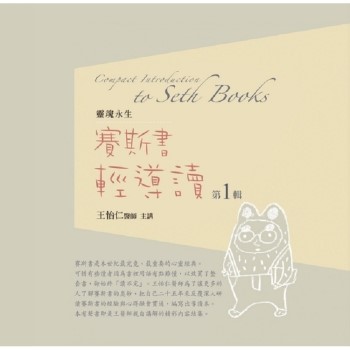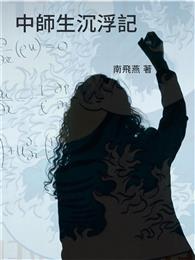In this essay, Dr. Cullmann sets himself to answer these questions: -Why did Christians need to have, besides Scripture, and apostolic formula to summarise the faith they professed? -What circumstances brought this necessity about? -What is the composition of the first formulas, and how did they develop in the earliest times? -What is the essential content of the Christian faith according to the earliest formulas? ""Cullmann’s book [The Earliest Christian Confessions] was and remains an important contribution and is worthy of a new edition."" --Professor Richard Bauckham, FBA, FRSE, Cambridge, UK Dr. Oscar Cullmann (1902-1999) was born in Strasbourg--then in Germany--where he studied classical philology and theology. From then on, he held a variety of teaching positions involving history and theology. He is best known for his extensive work in the ecumenical movement and can be partially credited for establishing a dialogue between the Lutheran and Roman Catholic traditions. Gary Habermas (Ph.D., Michigan State University) has written or edited over 40 books (20 on aspects of Jesus’ resurrection). Other topics include near-death experiences, doubt, and suffering. He has also contributed over 70 more essays to other volumes, plus over 100 articles to journals and other publications. He has been a Visiting or Adjunct Professor at over 15 different graduate schools, teaching dozens of courses. He is Distinguished Research Professor in the PhD program and Chair of the Philosophy Dept. at Liberty University. Benjamin C. F. Shaw (Ph.D. [Cand.], Theology and Apologetics, Liberty University) has written eight book chapters or journal articles, including: ""What’s Good for the Goose is Good for the Gander: Historiography and the Historical Jesus,"" in the Journal for the Study of the Historical Jesus, and (with Habermas) ""Agnostic Historical Jesus Scholars Decimate the Mythical Jesus Popularists,"" in Philosophia Christi. He has delivered lectures and essays at universities (including the University of Virginia) and conferences. He has been a Graduate Assistant for Gary Habermas for the past five years.
| FindBook |
|
有 1 項符合
Cullmann的圖書 |
 |
$ 494 | The Earliest Christian Confessions
作者:Cullmann / 譯者:Reid,J. K. S. 出版社:Wipf & Stock Publishers 出版日期:2018-05-15 語言:英文 規格:平裝 / 70頁 / 21.08 x 5.33 x 0.76 cm / 普通級/ 初版  看圖書介紹 看圖書介紹
|
|
|
內容簡介
作者簡介
Dr. Oscar Cullmann (1902-1999) was born in Strasbourg--then in Germany--where he studied classical philology and theology. From then on, he held a variety of teaching positions involving history and theology. He is best known for his extensive work in the ecumenical movement and can be partially credited for establishing a dialogue between the Lutheran and Roman Catholic traditions.
Gary Habermas (Ph.D., Michigan State University) has written or edited over 40 books (20 on aspects of Jesus’ resurrection). Other topics include near-death experiences, doubt, and suffering. He has also contributed over 70 more essays to other volumes, plus over 100 articles to journals and other publications. He has been a Visiting or Adjunct Professor at over 15 different graduate schools, teaching dozens of courses. He is Distinguished Research Professor in the PhD program and Chair of the Philosophy Dept. at Liberty University.
Benjamin C. F. Shaw (PhD [cand.], Theology and Apologetics, Liberty University) has written eight book chapters or journal articles, including: "What’s Good for the Goose is Good for the Gander: Historiography and the Historical Jesus," in the Journal for the Study of the Historical Jesus, and (with Habermas) "Agnostic Historical Jesus Scholars Decimate the Mythical Jesus Popularists," in Philosophia Christi. He has delivered lectures and essays at universities (including the University of Virginia) and conferences. He has been a Graduate Assistant for Gary Habermas for the past five years.
|










